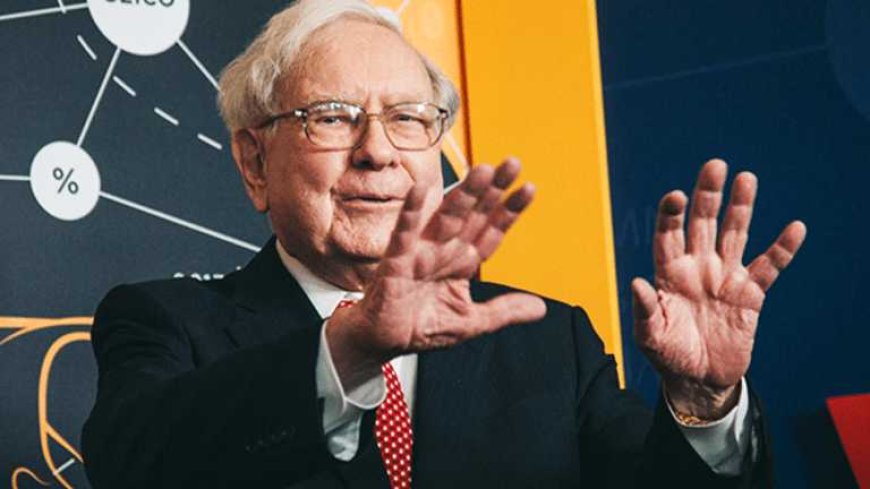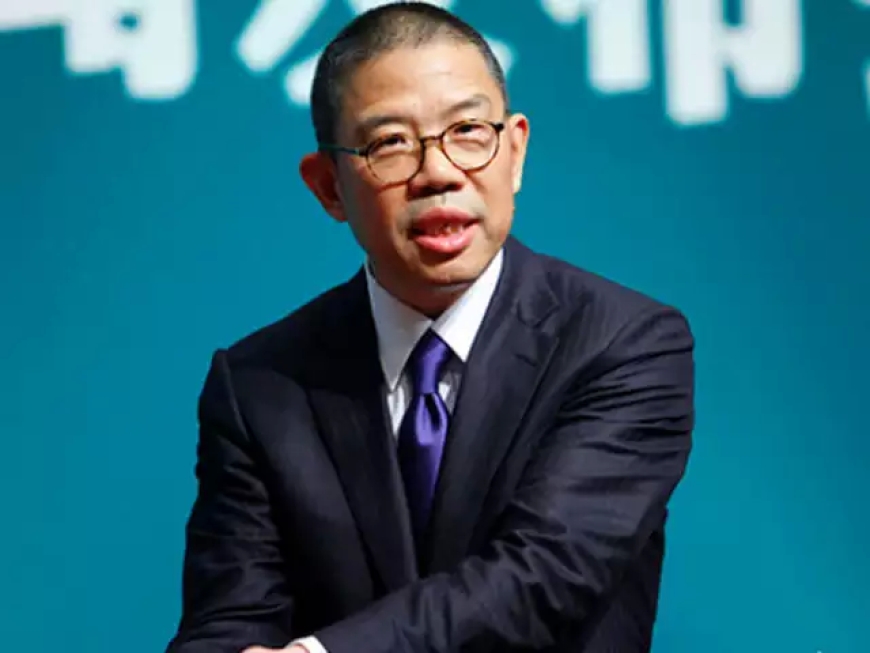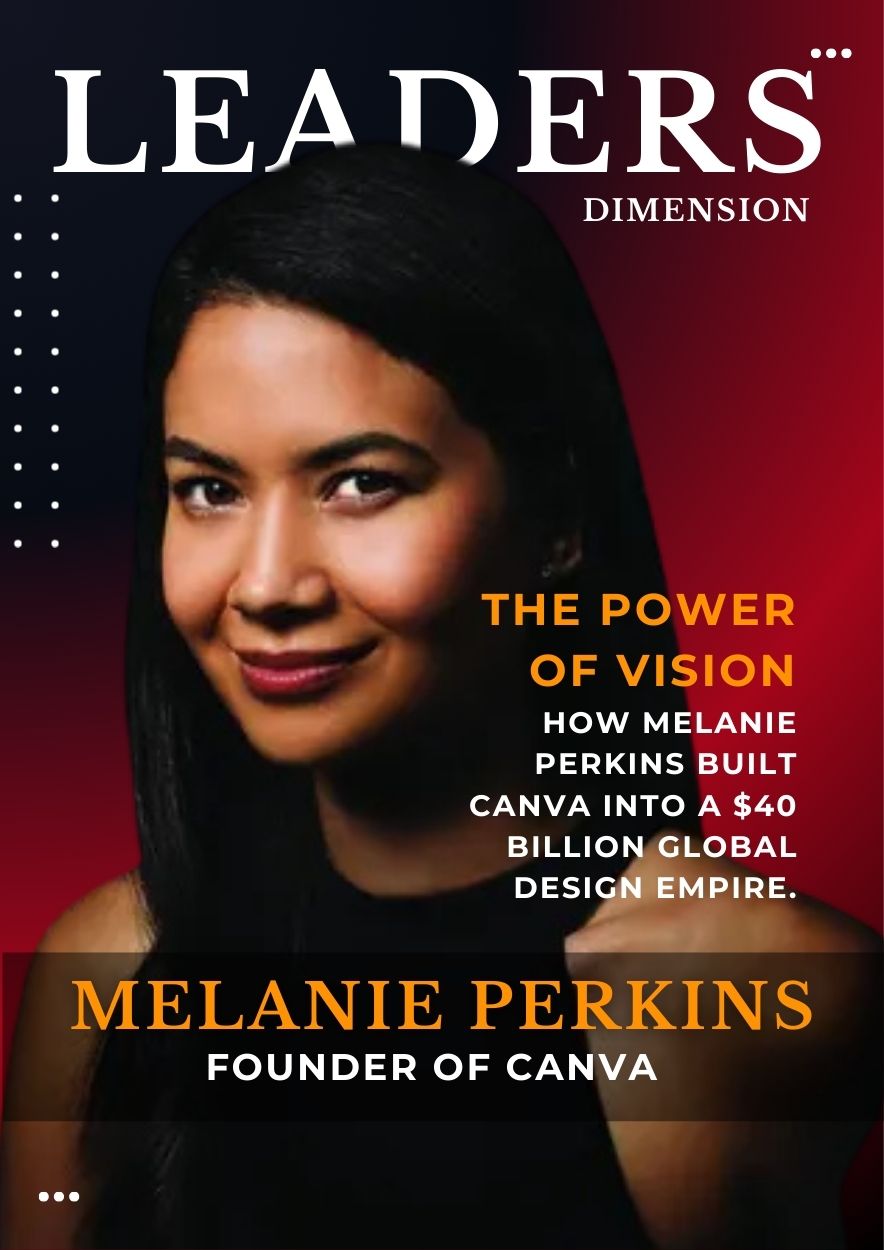Elon Musk’s poll shows majority favour Tesla investing $5bn in AI start-up
Tesla CEO Elon Musk has sparked a debate among investors by proposing that the electric vehicle giant invest $5 billion in his artificial intelligence start-up, xAI.

Tesla CEO Elon Musk has sparked a debate among investors by proposing that the electric vehicle giant invest $5 billion in his artificial intelligence start-up, xAI. In a move that Musk described as “testing the waters,” he asked users on X (formerly Twitter) on July 23 whether Tesla should proceed with the investment, emphasizing that the decision would ultimately require shareholder approval.
Elon Musk founded xAI in early 2023, just months after OpenAI's ChatGPT set off an AI boom. Despite resigning from OpenAI’s board in 2018 due to potential conflicts with his role at Tesla, Musk has remained deeply involved in AI development. The majority of X users—more than two-thirds—responded favorably to the idea of Tesla investing in xAI.
The proposal comes at a challenging time for Tesla, which recently reported its fourth consecutive quarter of disappointing profits. During the company's earnings call, Musk was questioned about the potential integration of xAI’s chatbot, Grok, into Tesla’s software.
He acknowledged that Tesla was "learning quite a bit from xAI," which he said was contributing to advancements in the company’s full self-driving technology.
However, Musk’s dual roles have raised concerns about conflicts of interest. Earlier this year, Musk revealed that Tesla had to make special efforts to retain AI specialists, some of whom left for xAI. Additionally, in June, Musk confirmed that scarce AI chips were diverted from Tesla to both X and xAI, further fueling concerns.
Despite these challenges, xAI has made significant strides, securing $6 billion in a funding round that valued the start-up at approximately $18 billion. The round was led by major venture capital firms, including Sequoia Capital and Andreessen Horowitz, marking one of the largest investments in generative AI to date.
Warren Buffett Quietly Reduces Stake in BYD, Ending Transparency Obligation

Warren Buffett's Berkshire Hathaway has discreetly reduced its stake in BYD, the Chinese electric vehicle (EV) manufacturer, marking a significant shift in its long-term investment strategy.
According to a filing with the Hong Kong Stock Exchange on July 29, Berkshire's stake in BYD fell to 4.94%, down from 5.06% earlier this year and significantly lower than the more than 20% stake it held two years ago.
The reduction is noteworthy because it drops Berkshire’s ownership below the 5% threshold, meaning the investment firm is no longer required to disclose further sales or whether it intends to exit the position entirely. Berkshire's initial investment in BYD dates back to 2008, when it purchased 225 million shares for $232 million. The investment has paid off handsomely, with a return exceeding 2,000%.
BYD has grown from a little-known battery provider to the world's third most valuable carmaker, after Tesla and Toyota.
The company’s vertical integration strategy, which includes in-house production of batteries and semiconductors, has kept costs low and fueled record sales of electric and hybrid vehicles. In the second quarter of 2024, BYD sold nearly 1 million units, further solidifying its market-leading position.
China’s Richest Man, Zhong Shanshan, Faces Challenges as Nongfu Spring’s Fortunes Dip

Zhong Shanshan, China’s richest man and chairman of Nongfu Spring, is facing mounting challenges as his fortune dwindles. According to the Bloomberg Billionaires Index, Zhong lost $13 billion in 2024, reducing his wealth to $49.7 billion as of July 25. This places him just above Colin Huang, founder of e-commerce giant PDD Holdings, whose fortune is $47.3 billion.
The decline in Zhong's wealth is largely tied to Nongfu Spring, the bottled water company he founded, and its pharmaceutical arm, Beijing Wantai Biological Pharmacy Enterprise.
Nongfu Spring has been under pressure following the death of Zong Qinghou, founder of rival Hangzhou Wahaha Group, in February.
The incident sparked online criticism of Nongfu, with some accusing it of unfair competition and others targeting its packaging design.
In a further blow, Hong Kong's Consumer Council found that Nongfu's water contained bromate at levels near the maximum limit, which could pose health risks. Although the council later clarified that its findings were based on incorrect criteria, Nongfu’s shares plummeted by 7.3% over two trading days before rebounding slightly.
To regain investor confidence, Zhong announced plans to purchase up to HK$2 billion ($256 million) worth of Nongfu shares through Yangshengtang, a holding company he controls. Regulatory filings show that Yangshengtang bought approximately 3.5 million shares on July 9, signaling Zhong's commitment to stabilizing the company amidst growing competition and public scrutiny.

 LD Web Desk
LD Web Desk 